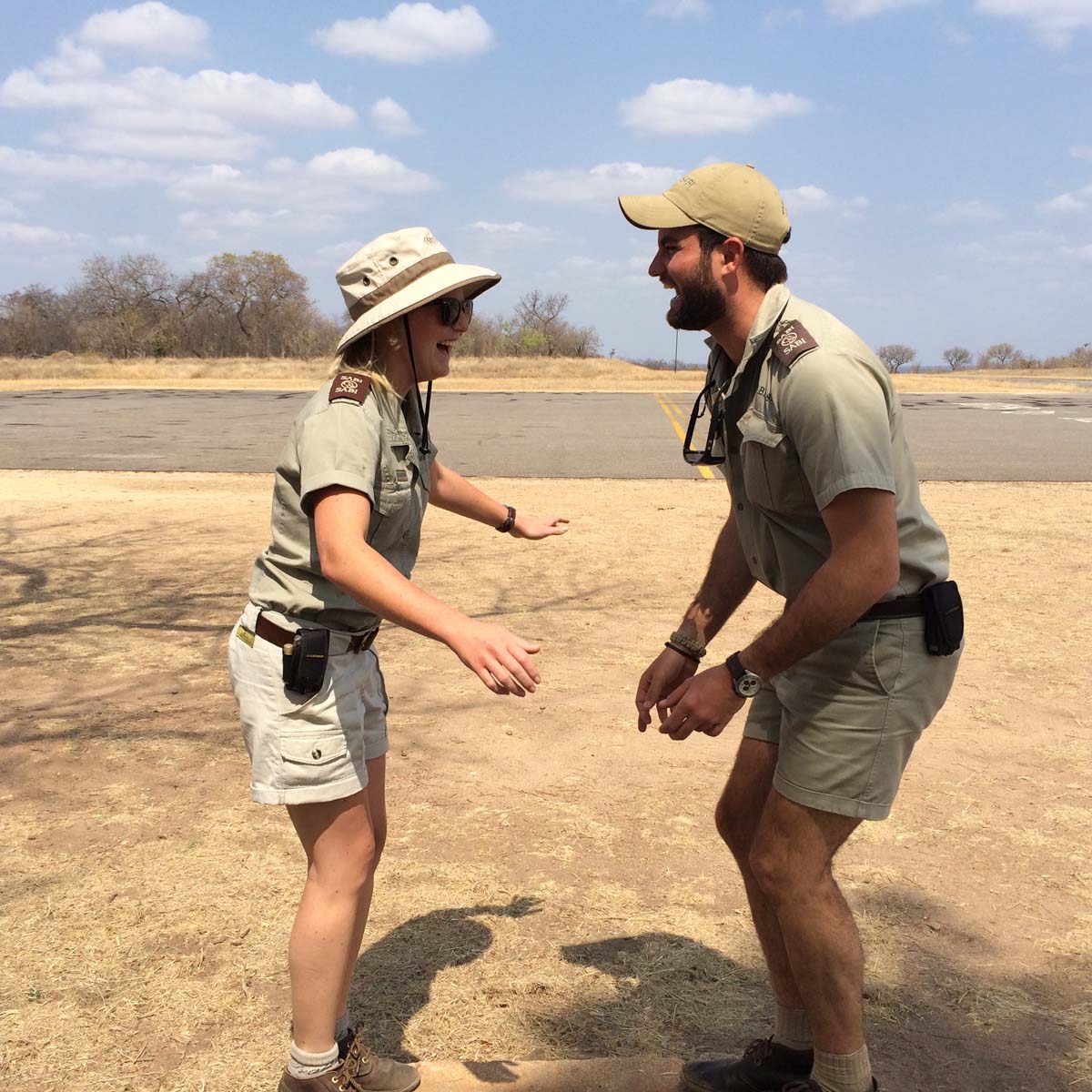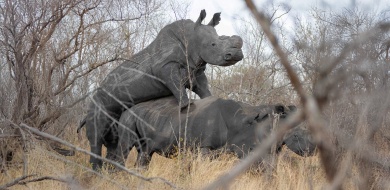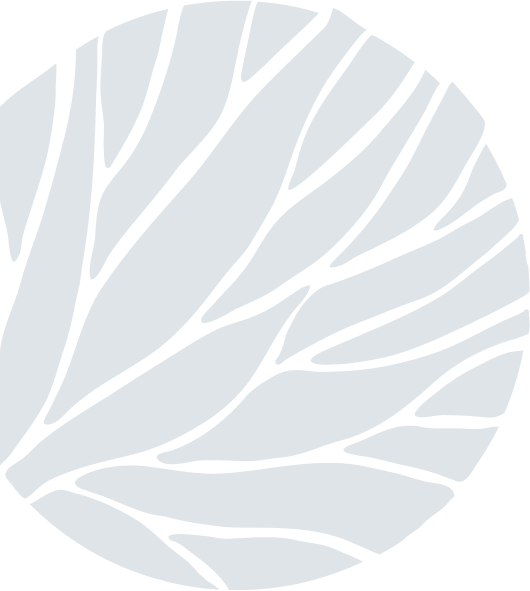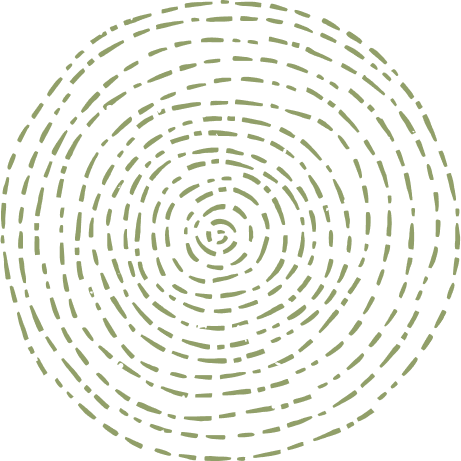My Lessons from Sabi Sabi
on Dec 02, 2015Driving home after my last 6 week bush cycle, I was blown away by how extremely alive our country is and I felt like I was looking at a country I have known my whole life, through new eyes. T.S. Elliot said “We shalt not cease from our exploration and at the end of all of our exploring, we shall arrive where we started and know the place for the very first time.” I moved to Sabi Sabi because of a hunger to learn and experience first-hand and now two years on, it is for the same reason that I am about to leave the bush. The act of learning has been described in psychology as a behavioural modification especially through experience or conditioning, and perhaps this explains my new outlook on the place I have called home for so long. Africa has not changed but it’s changed me and these are 3 great lessons I’ve learnt during my time in the bush.
The only man I envy is the man who has not yet been to Africa – for he has so much to look forward to. – Richard Millan
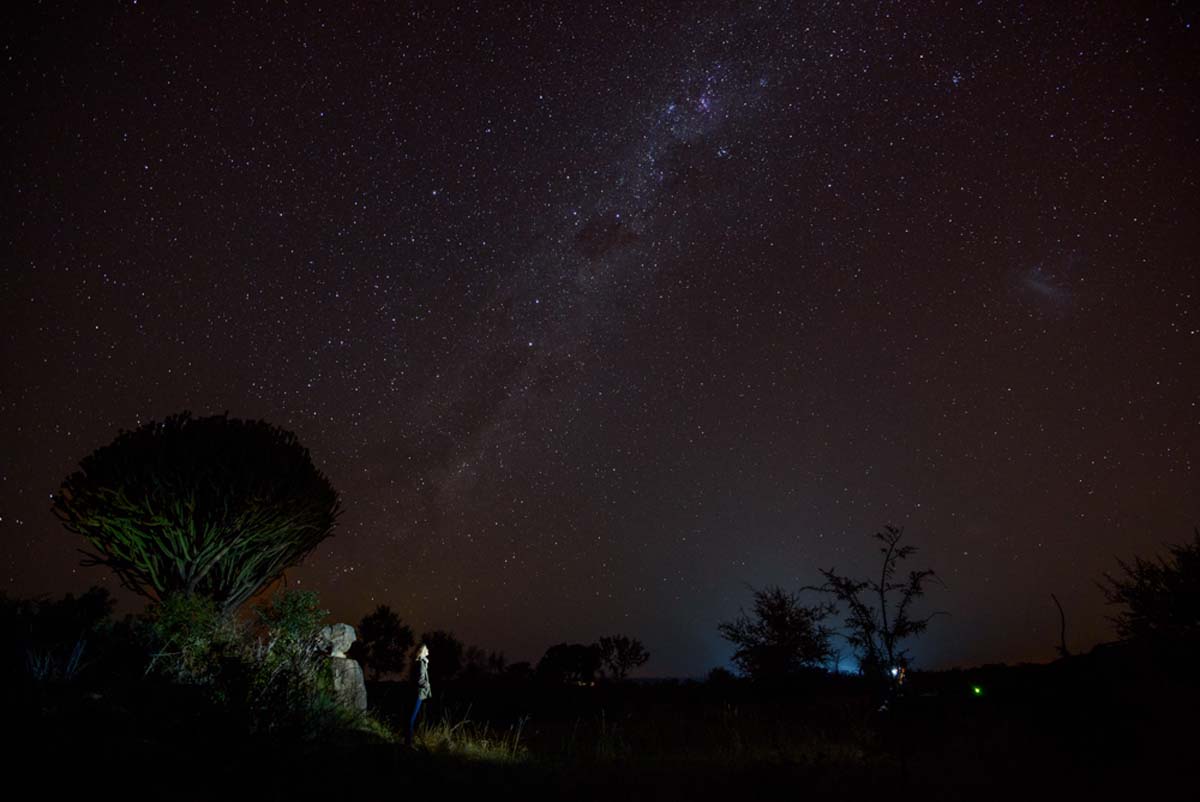
- Beauty lies in the eye of the beholder
I am often asked by guests what my most incredible sighting has been? After considerable thought, a reply of “stick insects mating” is not the answer expected of the question and in a sense, deflating. In truth however, it is not an easy question to answer and any single event answer would be doing injustice to all the other wonderful sightings I have been privy to. Robin Konie wisely taught her daughter that “comparisons will steal your joy” and whilst not the most profound statement, I have developed a respect for what she said. There are so many micro and macro facets to nature that are unique and exhilarating at a particular time and place, that deciding on a single event or sighting is almost impossible. The synchronised and non-violent battle between large male Black Mambas over a female is in my opinion, just as incredible as the viciousness of a pair of male leopards fighting over territory. The rarity of seeing stick insects mating is as unforgettable as the sight of a Marshall Eagle swooping down grabbing a water monitor as prey. The admiration I have for Golden Orb web spiders, when looking at their expansive newly spun webs strained with morning dew, is no greater or less than the awe I have watching the swallow chicks develop in the nests above my room. They say “nature talks to all those who will listen” and indeed, there is so much to be admired around us, within the lodge! My ultimate favourite animal here is not the biggest or the rarest, but one that we see on a regular basis – the Vervet monkey. My love for them lies in their intelligence and brilliant sense of humour; I have seen them somersault, leap frog and run on their back two legs trying to catch ‘Flying ants’, (winged termites), use trees as fireman poles to gain quick access to the buffet, throw berries at us when we have tried to chase them away, and sulk after receiving a hiding from mom for misbehaving. I could happily sit in the garden and watch them for hours.
From this I have realised it’s much more about being in the right frame of mind in the bush and not only about being at the right place at the right time, to see a specific sighting only, to make one’s trip memorable. With so much to enjoy and appreciate, no day the same and nature revealing itself in ways we have not even thought of yet, I take every day as it comes, and in so doing have learnt to be grateful for all my sightings. It is said “gratitude turns whatever we have into enough” and in realising this, it is easy to see how beyond blessed I am to be in this incredible environment, and how that in itself is enough to make anyone feel lucky for any sighting.
Our happiest moments as tourists always seem to come when we stumble upon one thing while in pursuit of something else. - Lawrence Block
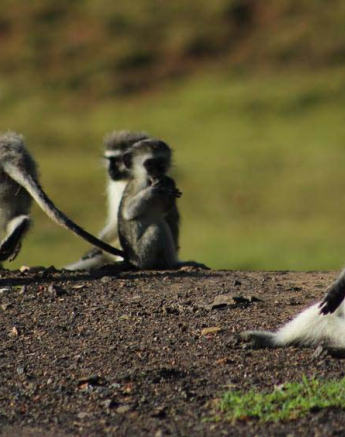
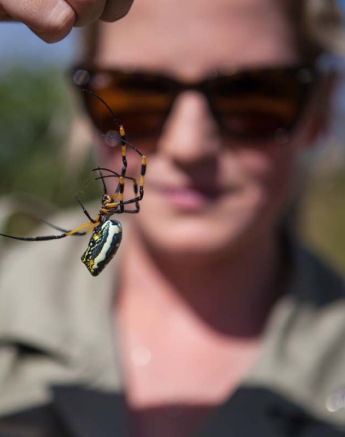
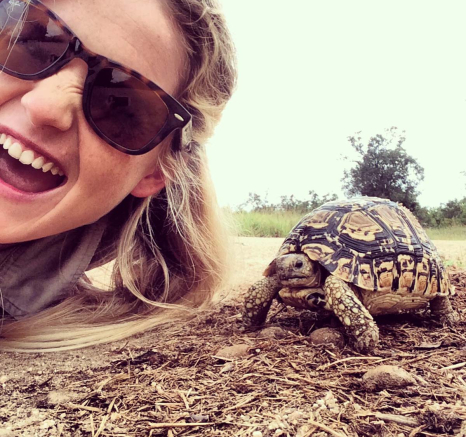
- What it means to be African
I have become a child of Mother Africa. I would like to blame living overseas for years as a reason for having lost my African identity but having come from a British influenced background and growing up in a city, my roots in Africa were shallow through birth and less in understanding. Although Zulu is my second language, I was largely unexposed to the traditional African cultures, practices and viewpoints. What I did know was South Africa’s physical beauty but I had not learnt to love her as I did not know her as an African participant.
Since being back, this has changed. With so much cultural diversity in our country, (we have 11 National languages not including the additions of immigrants), I consider myself now after years in rural South Africa and the bush, at least acquainted with her, and for this I have my various trackers to thank. Through my present and longest serving tracker’s, (Voz), acceptance of me, I have been able to begin to understand the culture that was previously absent from my life. His sharing of countless stories, cultural tales and myths, jokes and bush knowledge, his mannerisms and delights and much more have exposed me to life as an African. He has showed me that teamwork in South Africa as an African is not a skill, it is the culture. It’s called Ubuntu, ‘I am what I am because of who we are’; a philosophy practiced by many traditional African cultures. In this, it is common practice in many communities to share food and resources as to maximise the welfare for all. It is a strong philosophy to follow and even more difficult in the fast changing world we find ourselves but which I will constantly think of and try to practice.
With sharing in mind and exposure to experiences, one evening Voz and I decided to bring something simple neither of us would have eaten previously, to dinner around a fire. I brought celery and Voz brought offal; in this case, boiled cow stomach! With Voz being much more a carnivore than a vegetarian, and I the opposite, our reactions were equally horrified. I am unfortunately still haunted by the offal experience but Voz thoroughly enjoyed the celery and the laugh.
Traditional beliefs and practices are also interwoven into the language which is perhaps why I found it so poetic after gaining an understanding of the culture. For example, the name given to Arrow-Marked Babblers and Green Wood-Hoopoes,(which have a similar call), is ‘Hleka mafazi’ meaning cackling women – describing the noise made by the local women chatting at the washing and watering holes. Where words have failed to describe a story there is traditional dancing, which leaves me bewildered every time because despite public and private attempts, my hips scream Europe and little of the Africa that bellows from the other women. In realising how fantastic our culture is, I believe it has been completely underestimated in its potential to draw ecotourism itself and it is for this reason that I hope to return to South Africa after my Masters’ degree, to develop sustainable conservation programmes that promote cultural and ecological diversity.
A man who wakes up and finds himself in success, hasn’t been asleep – Dave Thomas
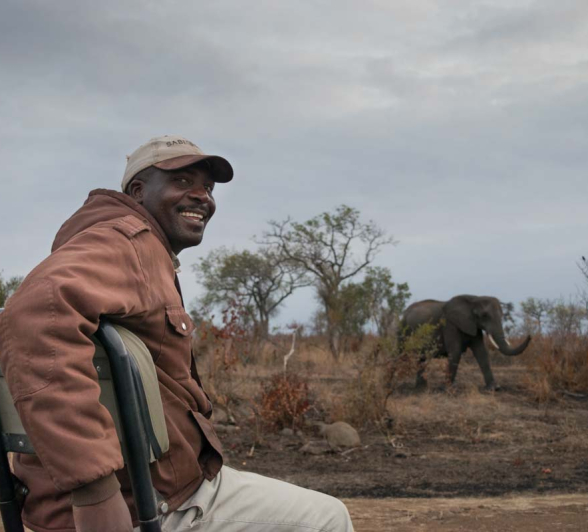
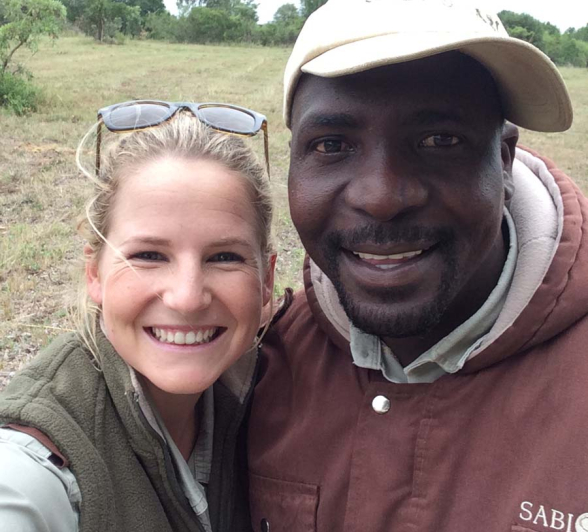
- Myself
For me, this is perhaps the greatest thing I have gotten to know. Coming into a completely male dominated industry does make you question your character, your capability and probably your sanity. In stepping up to the plate, you can become hardened but inevitably, at least in my case, your womanly tendencies shine through. I bring my tracker a croissant every morning because I like to make sure his morning starts off well fed and allied to me. I carry a lip-ice in my Leatherman pouch, (adamantly referring to it as a Leather-Woman), and I wear ‘Hunter’ brand Wellington boots when it rains because they are simply more stylish. Guests often judge me by my cover and some trackers will not work with me based on cultural differences and although these hurt, it’s not personal and I have learnt that. In fact, guests’ having little to no expectations of me has worked in my favour because they have turned out to be much easier to impress!
The empathy and emotion that come from a woman’s perspective is not to be hidden or underestimated for the impact it can make on your guests. My first sighting of lion cubs was rather traumatic; 8 cubs were starving as their mother’s milk had dried up after a number of consecutive unsuccessful hunts. The cubs were trying to suckle and their mothers were swatting their tiny bodies away with a heart-breaking force. I had a vehicle full of guests and whilst trying to explain the sequence of events that had lead this point, and why we do not interfere, I croaked with a lump in my throat and tears welling in my eyes saying “it’s just nature”. By this stage, at least ¾ of us in the vehicle were sobbing. On the other hand, whilst watching a lion trying to court a pride of lioness during a territorial take over, we watched him literally worm his way closer to the females who were blatantly aware of his attempts and having none of it. This tactic, I am sure all women have experienced at least once in their lives and the commentary between us has us all bowled over laughing; even Voz said it was a ploy he knew well! I have become a proud feminist – maybe I was one all along. I believe women are equal to men and trying to hide your femininity defeats the whole objective of a company hiring you as such, and what is more inspiring than someone who is happy in themselves? Clearly being a woman in many instances has worked in my favour.
Sometimes you find yourself in the middle of nowhere, and sometimes, in the middle of nowhere you find yourself. – Unknown.
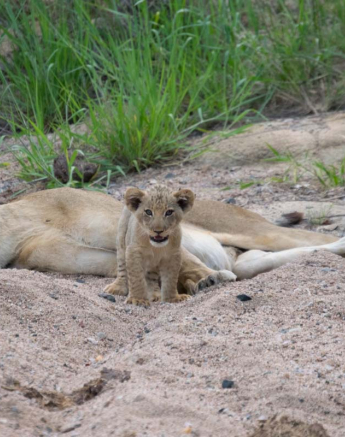
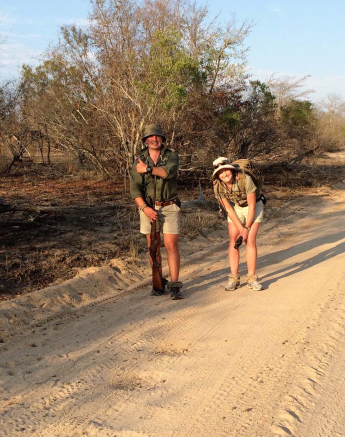
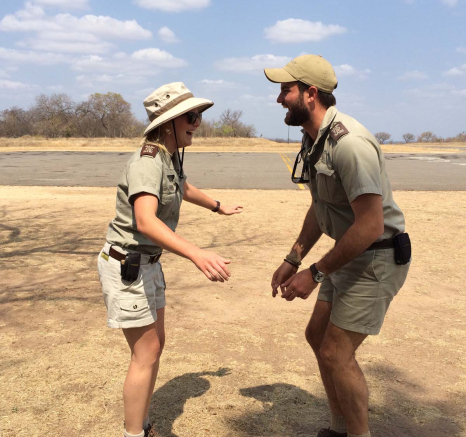
Working in the bush comes with its own set of challenges that may not be obvious to the naked eye. The isolation, incredibly long hours, stress of meeting guest expectations on and off safari, the safety aspect and believe it or not, the loneliness of being away from loved ones for long periods, are just a few at the top of the list. It is for many of these reasons that rangers leave the bush and their passion in pursuit of another career. Having said that, it takes a special place like the bush to nurture these challenges into growth and to provide a platform from which you can make a change, whether it is to your life, career or both. I set out three years ago knowing I had a limited time frame to immerse myself in behavioural ecology and grasp the concept of ecotourism, but I had no idea how in trying to accomplish this, I would gain so much more. Sabi Sabi’s motto is “Yesterday, Today and Tomorrow” and it is from my past and present experiences here, that I plan on making changes to my future and the future of conservation. It has proven to be much less of a motto and more of my journey in life and goals.
